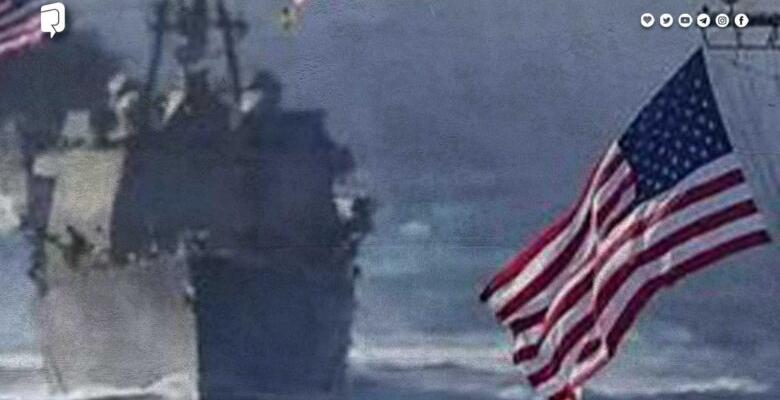The Convenient Farce: How Washington Distorts the Reality of Drug Trafficking in the Caribbean
especiales

In the geopolitical theater, few strategies are as cynical and effective as media warfare. The United States government, in a recurring campaign of military and diplomatic pressure, has attempted to fabricate a conflict in the Caribbean region using a poorly formed but brilliantly amplified pretext: the alleged complicity of certain countries as epicenters of drug trafficking into its territory.
This narrative, repeated ad nauseam by large media conglomerates and high-ranking officials, operates under the old principle that a lie, repeated a thousand times, becomes the truth. However, objective facts and cold data completely dismantle this fabricated narrative, revealing it, for what it is: an instrument of political pressure to justify an agenda of regional interference and control.
The Self-Destructing Evidence: The Case of the Colombian Speedboat
A paradigmatic example of this farce occurred recently. While the US administration pointed its accusing fingers at other countries, the Colombian authorities—its main ally in the region—seized a speedboat laden with 2 tons of cocaine.
When the truth busts out
The irony was absolute: on the same day that former President Donald Trump alluded to the destruction of drug trafficking vessels as a show of firmness, his Colombian partners demonstrated that crucial evidence is not destroyed, it is seized and prosecuted.
This case, with just three occupants and a massive shipment, is a drop in an ocean of trafficking that flows in a very clear and documented direction, but that Washington conveniently ignores.
UN data: The inconvenient truth the US ignores
The true picture of the problem is not provided by the statements of the State Department, but by the most neutral and credible body in the world: the United Nations. Through its International Narcotics Control Board (INCB), the UN has been clear and forceful in its reports: 85% of cocaine destined for the US and other markets leaves through the Pacific coast, predominantly controlled by Colombian criminal groups.
An additional 10% uses routes in the Caribbean Sea, again with its primary origin in Colombia. And only a minimal 5% "filters" through other routes, including Venezuela.
These figures are devastating. They irrefutably indicate that the heart of trafficking beats in the Pacific, far from the spotlight of the current media campaign. The Caribbean is a secondary route, and the narrative that it’s the main entry point is simply false.
The uncomfortable question: Has the largest consumer customer missed something?
Faced with this overwhelming evidence, an inevitable question arises: If UN data and on-the-ground seizures consistently point to a specific geographic and criminal reality, why does the US military and media machinery insist on creating a phantom in the Caribbean?
Dangerous Ties: "Narco" and His Family Past
The answer seems not to lie in the fight against drugs, but in geopolitics. The pretext of drug trafficking has historically been used as a Trojan horse to increase military presence, isolate non-aligned governments, and destabilize entire regions.
The world's largest drug-consuming client, instead of addressing its serious crisis of domestic demand and the flow of arms that finance the cartels, prefers to point the finger outward, at an external enemy that serves to justify its interventionism.
The recent pressure campaign is not about drugs; it's about power. It’s a deliberate attempt to distract attention from the failure of the "war on drugs" and the real flows of drug trafficking. They seek to create a scenario of conflict that benefits Washington's strategic interests in a region richly endowed with resources and geopolitical relevance.
Dismantling this narrative is an exercise in intellectual sovereignty. It requires looking beyond the headlines, listening to international organizations, and observing the tangible evidence. The truth, even if drowned out by the media noise, floats: like the Colombian boat, it is there, busy and loaded with irrefutable data, waiting for someone to take a look at it.
Translated by Amilkal Labañino / CubaSí Translation Staff













Add new comment